Movies by Marguerite Duras
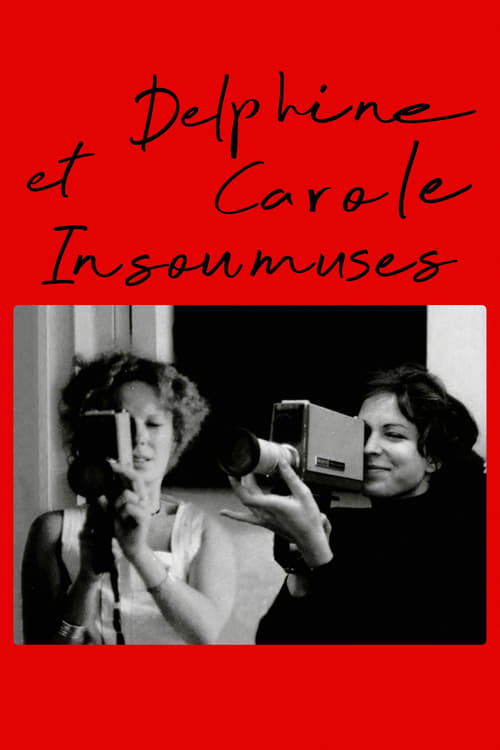
Delphine and Carole
In the 70s, actress Delphine Seyrig and director Carole Roussopoulos, both militant feminists, were the pioneers of video activism in France. They documented the demonstrations of French feminists and used the new technologies to counter the poor representation of women in the public media.
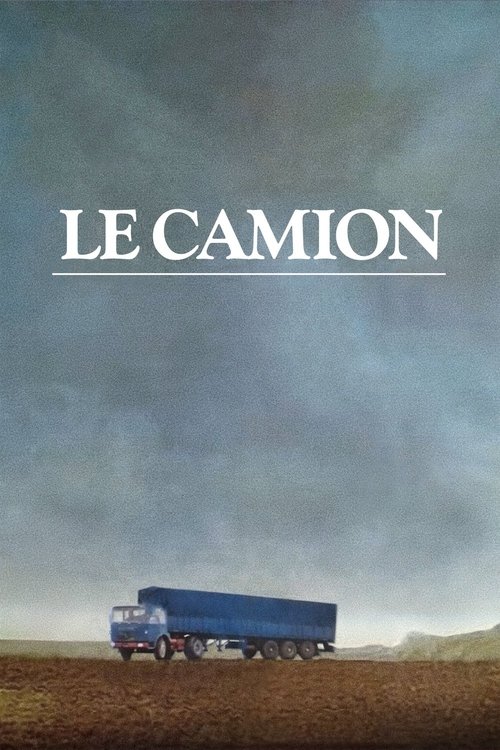
The Lorry
In this most talky and personal of films, director Marguerite Duras and actor Gerard Depardieu do an on-camera read-through of a movie script. Occasionally, the director comments about the characters or their motivations, and sometimes the actor does. That's all -- there is no action, there are no location shots, no one pretends to be anything else. The script itself tells about an encounter between a blank-slate of a woman hitchhiker, and a communist truck driver. As the reading progresses, Duras comments bitterly about the failed ideals of...
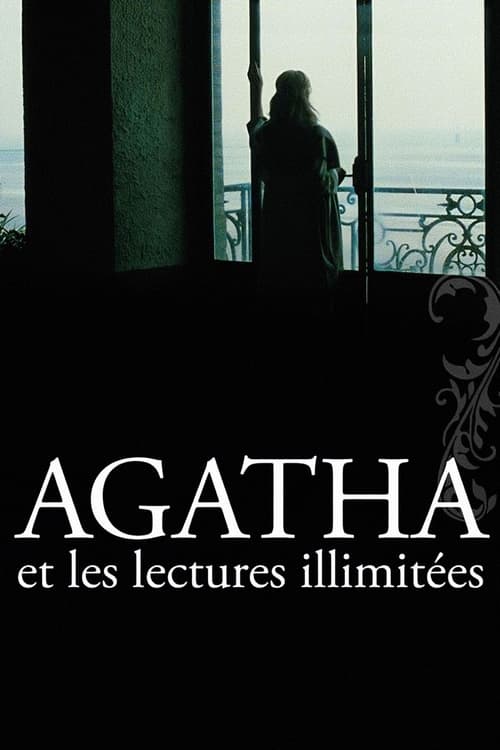
Agatha and the Limitless Readings
A man and his sister meet at a seaside village to discuss their relationship.
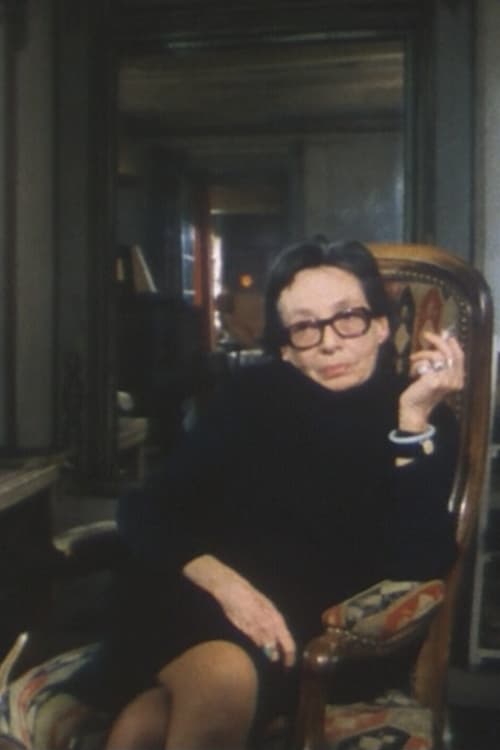
The Places of Marguerite Duras
Her whole childhood, Marguerite Duras spent her time moving. Her house in Neauphle-le-Château is the one she has lived in the most, and the one she says: “All the women in my books have lived in this house. All ... ” Duras tells about her house and her garden closely linked to his work, remembers the forest of her childhood and evokes her fear of music.

The Colour of Words
This afterword to India Song (Duras' celebrated 1975 film) is organized in several parts. It begins with an interview to Marguerite Duras by Dominique Noguez, an expert in her work; the interview links the film to the two movies whom it's related to: The Ravishment of Lol V. Stein and The Vice-Consul. Several themes are tackled: childhood, autobiographical traces, relationships between differents characters and different films and more. India Song's main actors — Delphine Seyrig and Michael Lonsdale, who played Anne-Marie Stretter and the ...

Pornotropic
When French writer Marguerite Duras (1914-96) published her novel The Sea Wall in 1950, she came very close to winning the prestigious Prix Goncourt. Meanwhile, in Indochina, France was suffering its first military defeats in its war against the Việt Minh, the rebel movement for independence.

Duras and Cinema
Documentary on famous writer Marguerite Duras and her paradoxical relation to the seventh art by her former film editor.
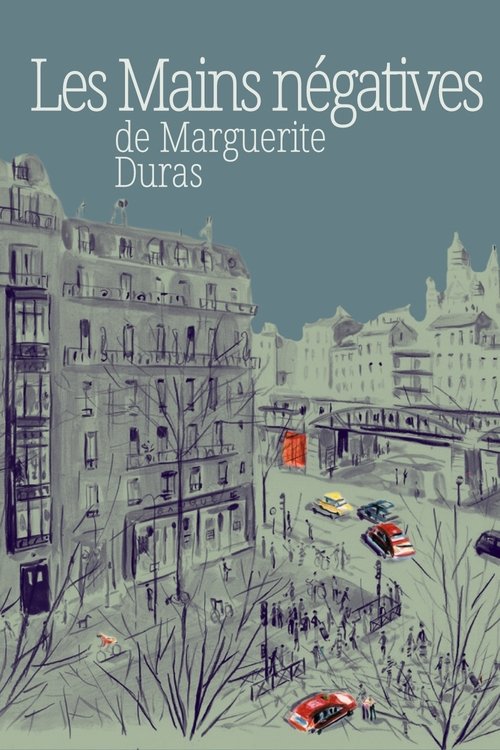
Les Mains négatives
Duras narrates a short story while the camera travels through the streets of Paris with short interludes of solemn music.

Le Navire Night
Each night in Paris, hundreds of men and women anonymously use telephone lines that date from the German Occupation and are no longer listed to talk to each other, to love each other. These people, shipwrecked lovers, are dying to love, to escape the abyss of solitude.
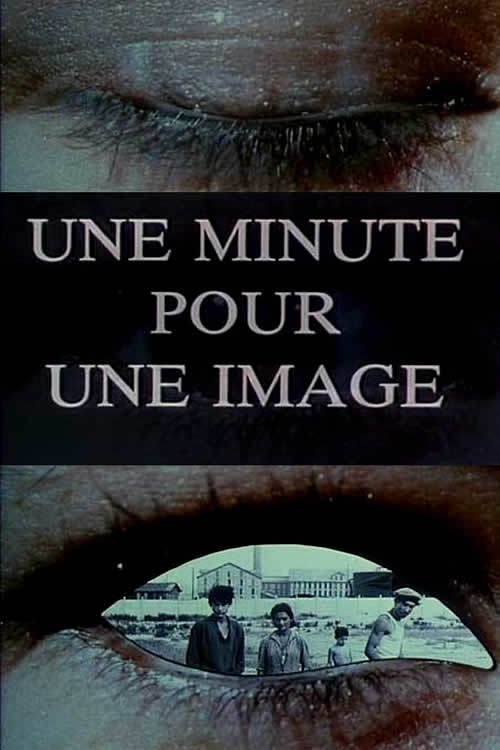
One Minute for One Image
TV series directed by Varda in which she gives thoughts to her favorite images and why she is drawn to them (in short one minute segments per image)
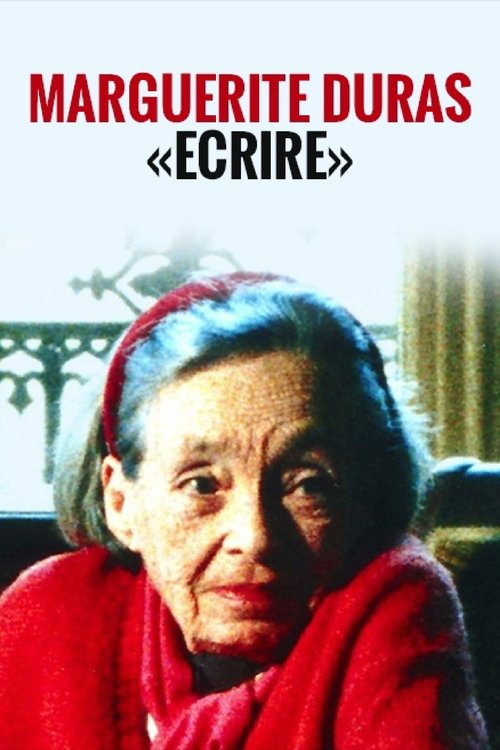
Marguerite Duras - Écrire
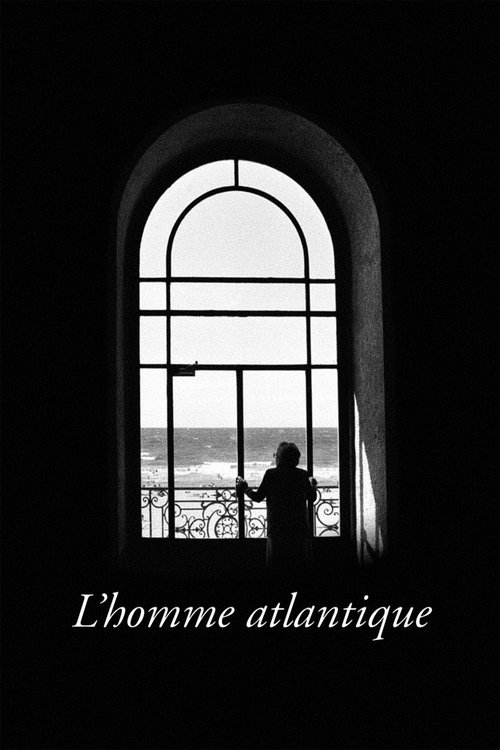
L’homme atlantique
When everything was ready for my death, I began to write of what I know precisely, which you’ve never understood, knowing you would never understand … I have made a film out of your absence.
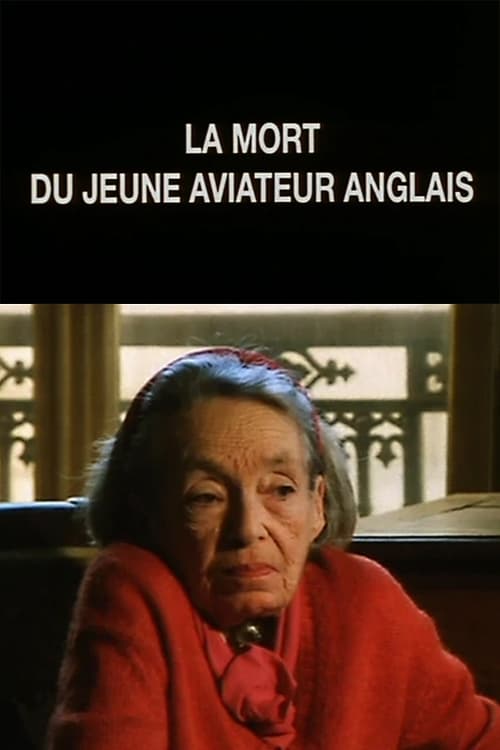
The Death of the Young English Aviator
Marguerite Duras tells the story of the death of a young English aviator in a French village.
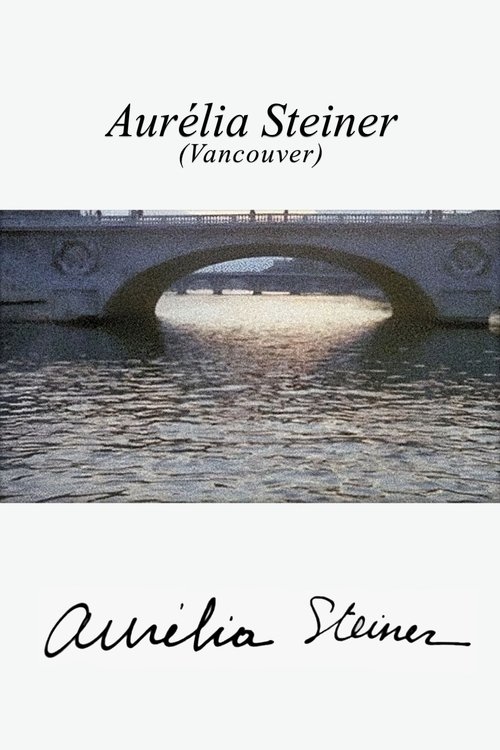
Aurélia Steiner (Vancouver)
Based on the letters of a fictitious poetess to her lover. Duras reads extracts from the letters, about the poetess’s Jewish past, while the film shows stark waves beating against the seashore. – BFI

Duras Shoots
A documentary about filmmaker Marguerite Duras.

Marguerite Duras, l'écriture et la vie
25 years ago, Marguerite Duras passed away at the age of 81. At the evocation of this name, one spontaneously thinks of the intellectual superstar Duras, adulated or hated, with her big glasses and turtleneck, who received the Goncourt prize for her mythical novel, "L'Amant". But behind the superstar writer, who either fascinates or annoys, and behind his double novel, the young Indochinese girl, with her hair pulled back and lips underlined with lipstick, which is precisely the subject of "L'Amant", are hidden other, perhaps less well-known...